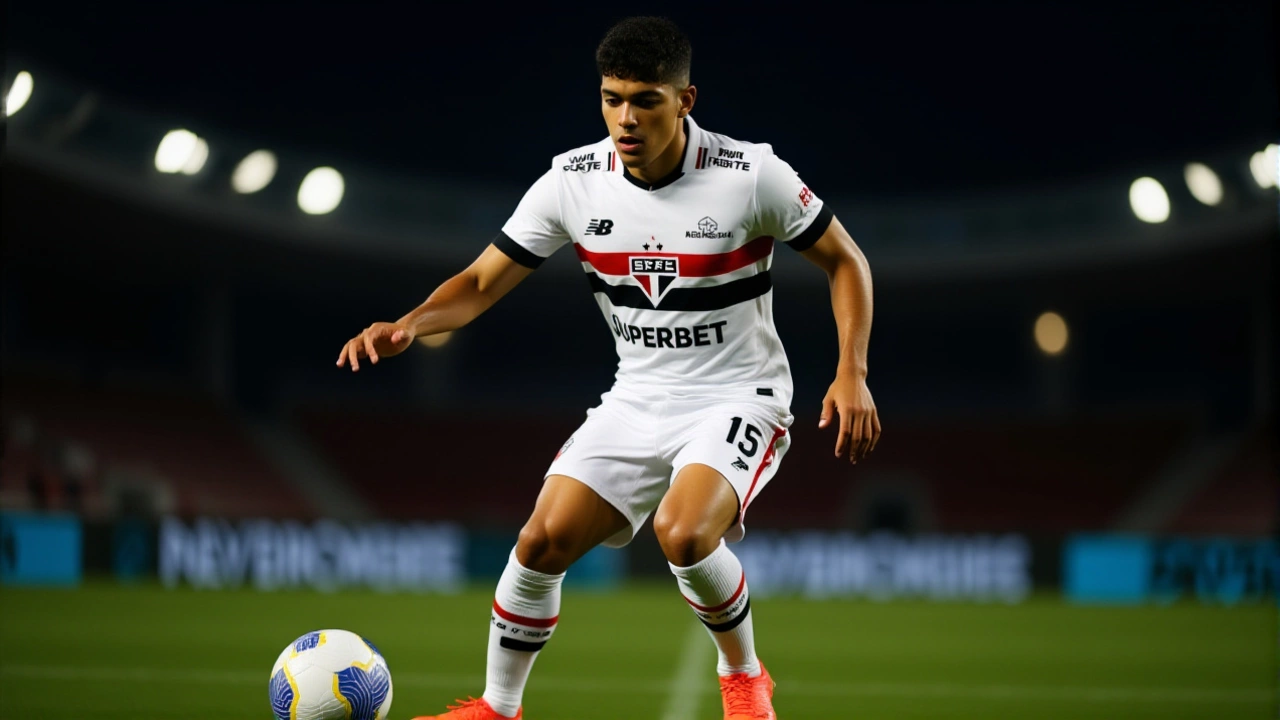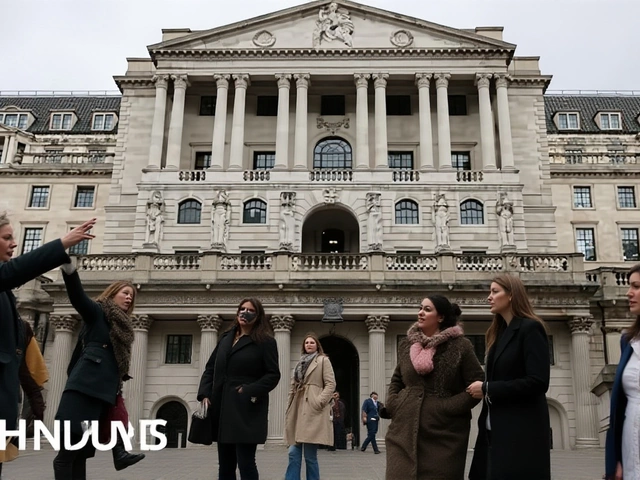Arsenal – History, News & Fan Insights
When talking about Arsenal, a top‑flight English football club based in North London. Also known as the Gunners, it has a legacy that stretches back to 1886 and a reputation for stylish play.
Competing in the Premier League, England’s highest football division, Arsenal regularly matches up against historic rivals and emerging powerhouses. The league demands depth, tactical flexibility, and a strong youth pipeline – all areas where Arsenal invests heavily.
Home matches are played at the Emirates Stadium, a 60,000‑seat arena in Holloway that opened in 2006. The modern venue not only generates match‑day revenue but also hosts concerts and community events, linking the club to the broader cultural life of North London.
Key Aspects of Arsenal
One of the club’s defining traits is its commitment to an attacking philosophy, a legacy left by legendary managers and carried on by current coaches. This style influences scouting – the club looks for technically gifted players who can thrive in possession‑based systems. It also shapes the academy, where young talents are taught to think creatively on the ball.
Fan culture adds another layer of identity. Gooners worldwide gather in pubs, online forums, and the stadium’s stands, chanting iconic songs like “London Calling”. Their passion fuels merchandise sales, social‑media buzz, and even charitable initiatives that the club supports throughout the year.
Financially, Arsenal balances a global brand with prudent budgeting. Sponsorship deals, streaming rights, and a vibrant retail operation help fund transfers while keeping wage bills under control. This financial model enables the club to stay competitive without risking long‑term stability.
Strategic partnerships extend beyond football. Collaborations with tech firms bring data analytics into training, while community programs in schools promote grassroots participation. These relationships illustrate how a modern club can be a catalyst for social impact as well as sporting success.
When you consider all these pieces – Premier League pressures, Emirates Stadium’s role, the Gooner community, and the club’s business strategy – a clear picture emerges: Arsenal isn’t just a football team, it’s an ecosystem that blends sport, culture, and commerce.
Looking ahead, the next season promises fresh challenges: a crowded title race, a transfer window that could reshape the squad, and a fan base eager for silverware. Whether you’re a lifelong supporter or a new follower, keeping tabs on these dynamics will make the experience far richer.
Now that you’ve got the background, dive into the latest Arsenal stories below and discover how these themes play out in real time across match reports, player profiles, and fan analyses.
Arsenal target 18‑year‑old Brazilian forward William Gomes as São Paulo delays his sale until summer 2025, sparking a tug‑of‑war with Chelsea and other clubs.
View Details

